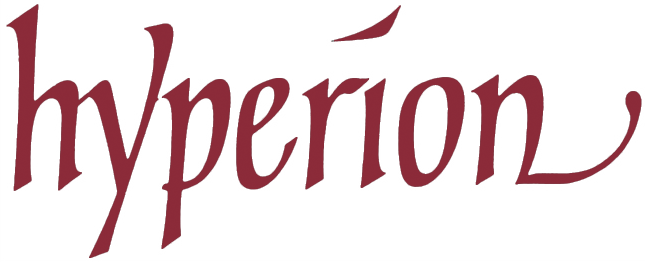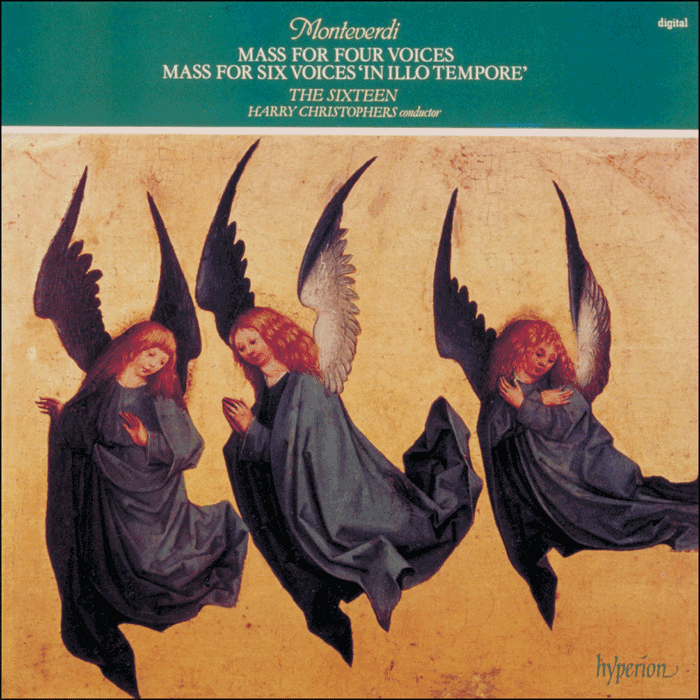Monteverdi: Masses
The Sixteen, Harry Christophers (conductor)
CDA66214
The listener seeking sixteenth-century church music at its best is likely to turn to settings of the ordinary of the Mass. This may in part be the consequence of the post-symphonic assumption that a Mass lasting half an hour is somehow more significant than a three-minute motet. But for the composer of the time too, the Mass was an important medium: often one in which he could display his skill on a large scale, honour a particular occasion or person (a saint or a patron), and sometimes pay homage to a fellow composer by choosing in friendly emulation to model his work on his themes. But as the century ended, the Mass became less important musically. One reason was the greater respect given to the meaning of the Mass. The Reformation’s arguments on the nature of the Mass, and the Catholic church’s reaction exemplified in the Council of Trent, diminished its use as an occasion for ostentatious display. It is significant that there are no complete Masses by Giovanni Gabrieli, who was writing for the church most famous for the musical elaboration of its ceremony, St Mark’s, Venice.

